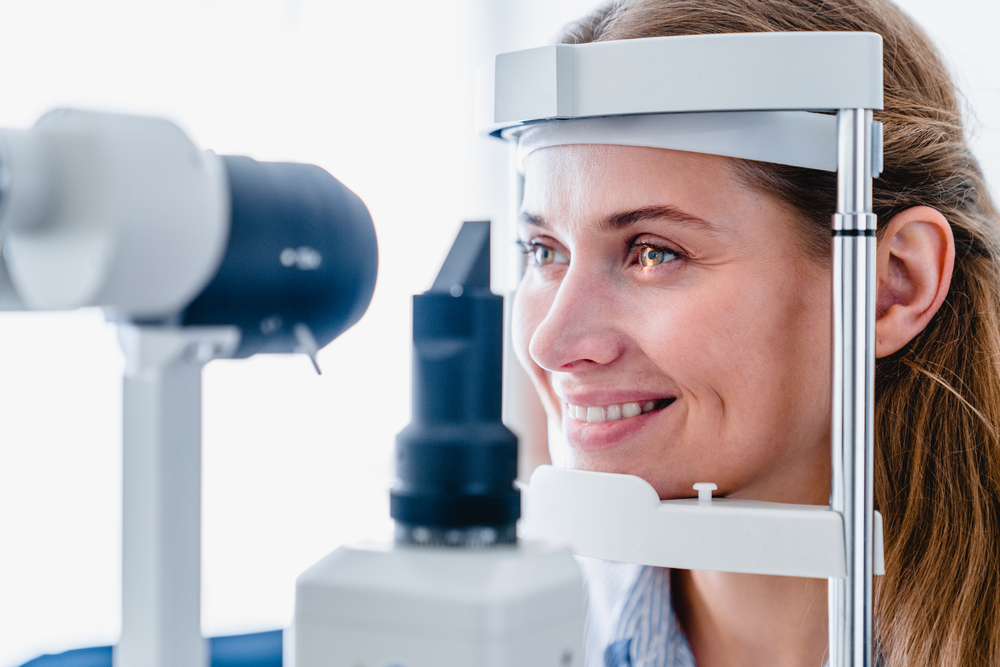
Do you ever wonder how frequently you ought to get your eyes checked? Your eyes put in a lot of effort to provide you with vision. They enable you to take in and enjoy your surroundings. But like any other body component, they require regular care to keep them in fine shape. For this reason, regular eye exams are crucial.
Why Are Eye Exams Important?
Eye exams are not only about checking whether you need glasses or contact lenses. They are comprehensive evaluations of your overall eye health. They can help detect and manage various eye disorders in their early stages when they are more treatable. Among these are diabetic retinopathy, macular degeneration, glaucoma, and cataracts.
Moreover, underlying medical disorders, including diabetes, high cholesterol, and hypertension, are detectable during eye exams. Early detection and treatment of these conditions can prevent vision loss and potentially save your sight.
Factors to Consider for Eye Exam Frequency
Age
Different age groups have different eye health needs. Kids should undergo their first eye exam at around six months. Regular exams should follow as their eye doctor recommends.
Adults aged 18 to 60 with no known eye conditions or risk factors ought to go for a thorough eye exam not less than once every two years. Those over 60 or with existing eye conditions or risk factors should have exams as their eye doctor recommends.
Existing Eye Conditions
Do you currently suffer from eye issues, such as astigmatism, nearsightedness, or farsightedness? If so, your eye doctor may advise more regular eye exams to monitor and manage your disease adequately.
Family History
Do eye conditions like glaucoma or macular degeneration run in your family? If so, you have a higher chance of getting these illnesses. In such cases, your eye doctor may recommend more regular eye exams to detect signs of these conditions early and take preventive measures.
Overall Health
Diabetes, hypertension, autoimmune diseases, and other health conditions can affect eye health. Your eye doctor may advise more frequent eye exams if you have any of these disorders.
Symptoms or Changes in Vision
Are there changes in your eyesight, such as double or fuzzy vision, eye pain, or other symptoms connected to the eyes? Regardless of age or past eye checkup schedule, setting up an eye exam immediately is imperative.
Recommended Frequency for Eye Exams
Below are broad recommendations for how frequently you should have an eye exam based on the factors indicated above:
Children: The initial eye examination should occur at about six months old. Then routine exams should take place as advised by their eye doctor.
Adults (18-60 years): A comprehensive eye exam is necessary at least once every two years for adults with no known eye conditions.
Adults (over 60 years): Older adults should have a comprehensive eye exam at least once a year or as their eye doctor recommends.
Adults with Existing Eye Conditions or Risk Factors: Do you have any eye conditions or risk factors, such as a family history of eye conditions? If so, your eye doctor could advise scheduling more frequent eye checkups.
Conclusion
Regular comprehensive eye examinations are a vital part of maintaining optimal eye health. They can help detect and manage various eye conditions in their early stages. This can prevent vision loss and protect your sight.
For more on routine eye exams, visit Trinity Eye Associates at our Oviedo, Florida office. Call (407) 678-9151 to schedule an appointment today.









